Forte School of Music
Piano Classes for 5 to 10 Years Old
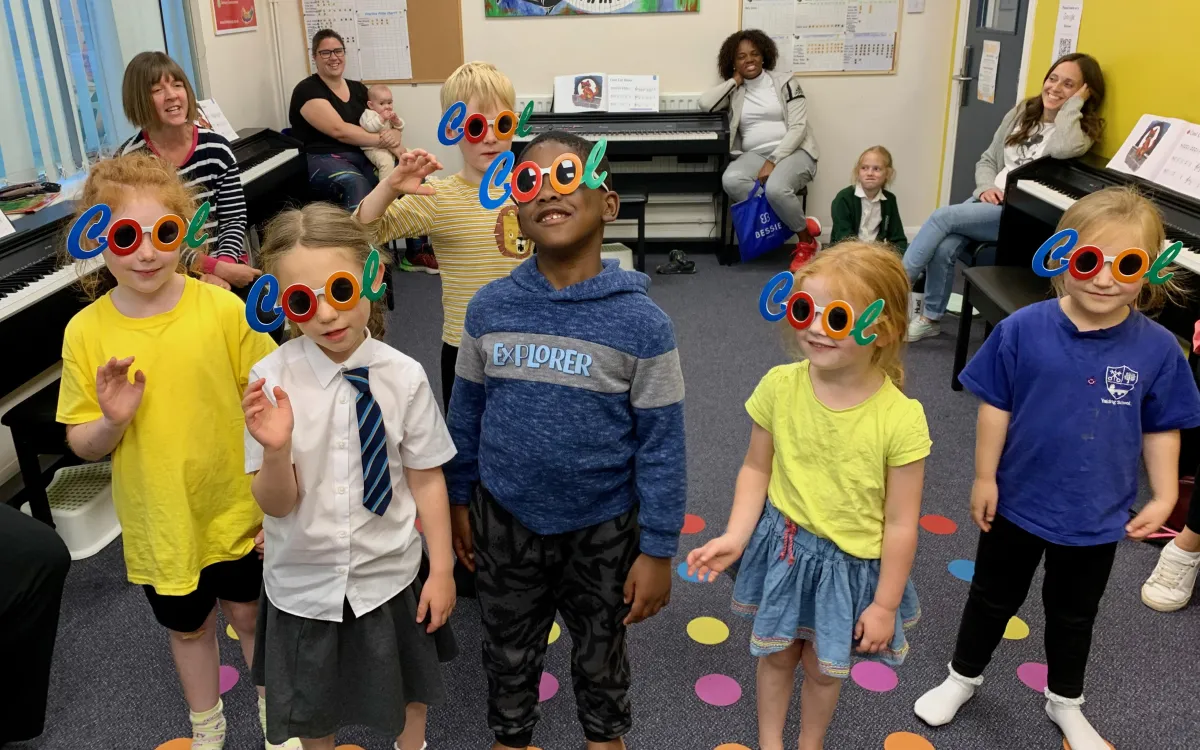

Forte School of Music
Piano Classes for 5 to 10 Years Old
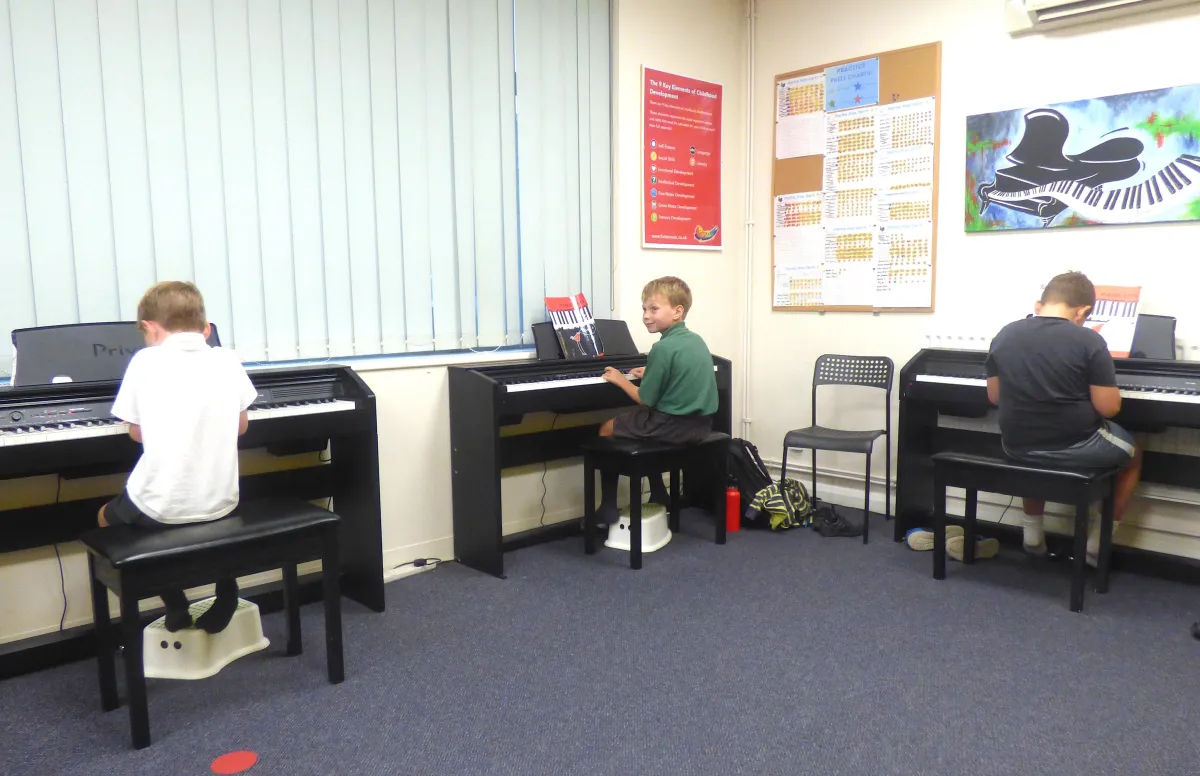
New Piano Taster Classes Available at the Following Times:
Just Click the Button Below to Book Your Place 😀
Monday
4.15pm Junior Keys
5.45pm Piano Keys
Tuesday
3.30pm Piano Keys
4.15pm Junior Keys
Wednesday
4.15pm Junior Keys
5.45pm Piano Keys
Thursday
Junior Keys TBA
Piano Keys TBA
Friday
4.00pm Junior Keys
4.45pm Piano Keys
Saturday
11.45am Junior Keys
12.30pm Junior Keys
New Piano Taster Classes Available at the Following Times:
Just Click the Button Below to Book Your Place 😀
Monday
Tuesday
4.15pm Junior Keys
5.45pm Piano Keys
3.30pm Piano Keys
4.15pm Junior Keys
Wednesday
Thursday
4.15pm Junior Keys
5.45pm Piano Keys
Junior Keys TBA
Piano Keys TBA
Friday
Saturday
4.00pm Junior Keys
4.45pm Piano Keys
11.45am Junior Keys
12.30pm Junior Keys
Forte Piano Classes
Inspiring young musicians through creativity,
structure, and joy
At Forte, our piano classes are designed for children aged 4.5 to 10, blending play, exploration, and interaction with solid musical training. Whether your child is just starting or building on existing skills, our programs foster a love for music and the confidence to express it.
Forte trained specialist teachers
Small groups for individual attention and social learning
Engaging curriculum balancing creativity and structure
Performance opportunities to celebrate progress
The Forte 'App' to help at home!
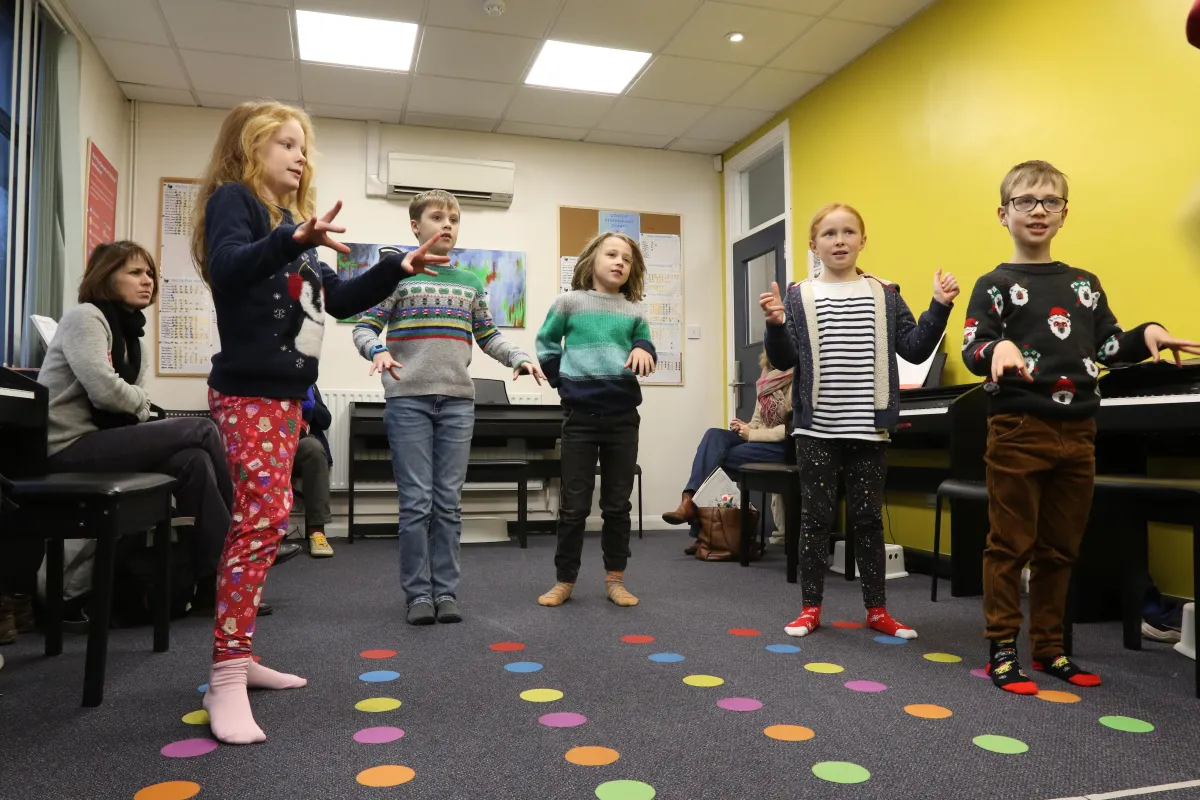
'Excellent environment for my kids to learn.
Mr. Peter is a great and friendly teacher. Would recommend to anyone'
- Maria Nkellefack

'Excellent environment for my kids to learn.
Mr. Peter is a great and friendly teacher. Would recommend to anyone'
- Maria Nkellefack

Our Programs
Junior Keys — Ages 4.5–7 Years
Playful, structured lessons that develop rhythm, reading, listening, and ensemble skills. Activities include games, songs, and movement, all while building strong musical foundations.
Small groups (max 6)
45‑minute sessions
Parent involvement encouraged
Opportunity to play in the Forte Festival and other Concert Settings
Take‑home resources
The Forte 'App' to help at home!
Four Stages with defined objectives, followed by Piano Keys Book 2


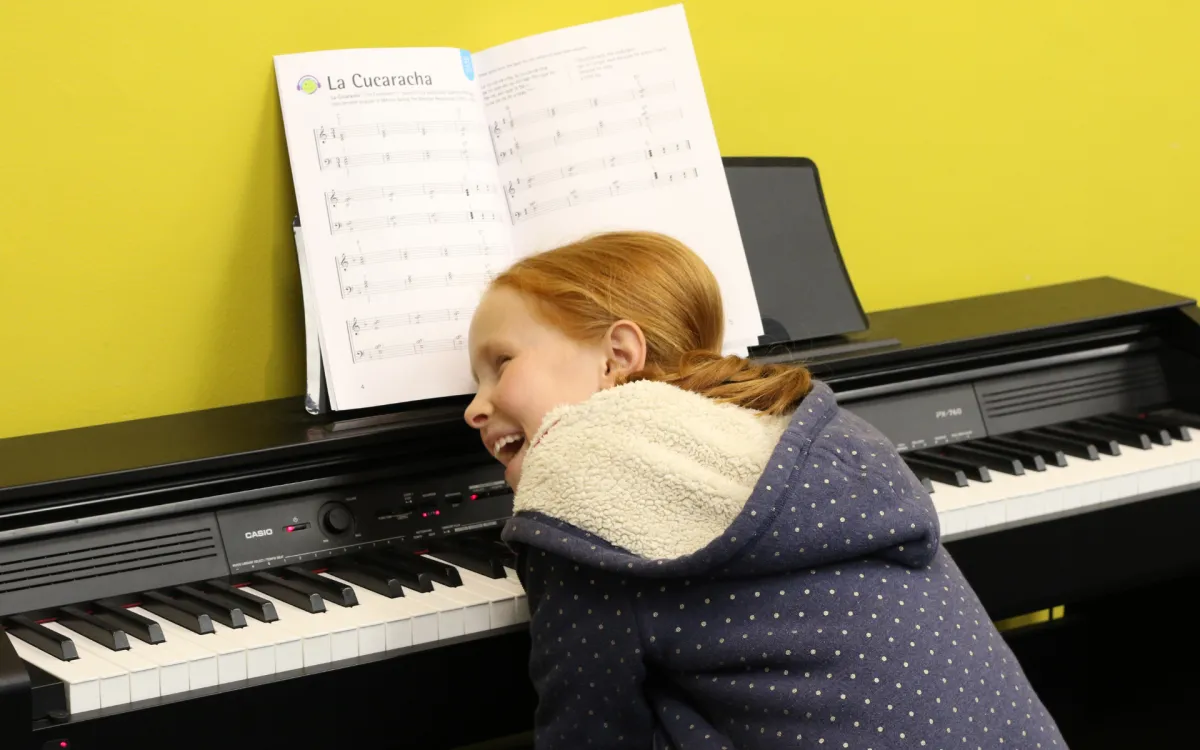
Piano Keys — Ages 7–10 Years
Just as with Junior Keys - Playful, structured lessons that develop rhythm, reading, listening, and ensemble skills. Activities include games, songs, and movement, all while building strong musical foundations - but designed for slightly older children (and older children and adults too!)
Small groups (max 6)
45‑minute classes
Chords, Improvisation, playing to Backing Tracks
Opportunity to play in the Forte Festival and other Concert Settings
Balanced reading & by‑ear approach
The Forte 'App' to help at home!
Creative Keys
Creative Keys is the next step after Piano Keys and it's when all the foundations built in Junior and Piano Keys really start to show the benefits of the Forte system!
Opportunities to take graded exams
More Perfomance Opportunities
Enhance Ad-Lib and Improvisation Skills
Strengthen bonds with other pupils
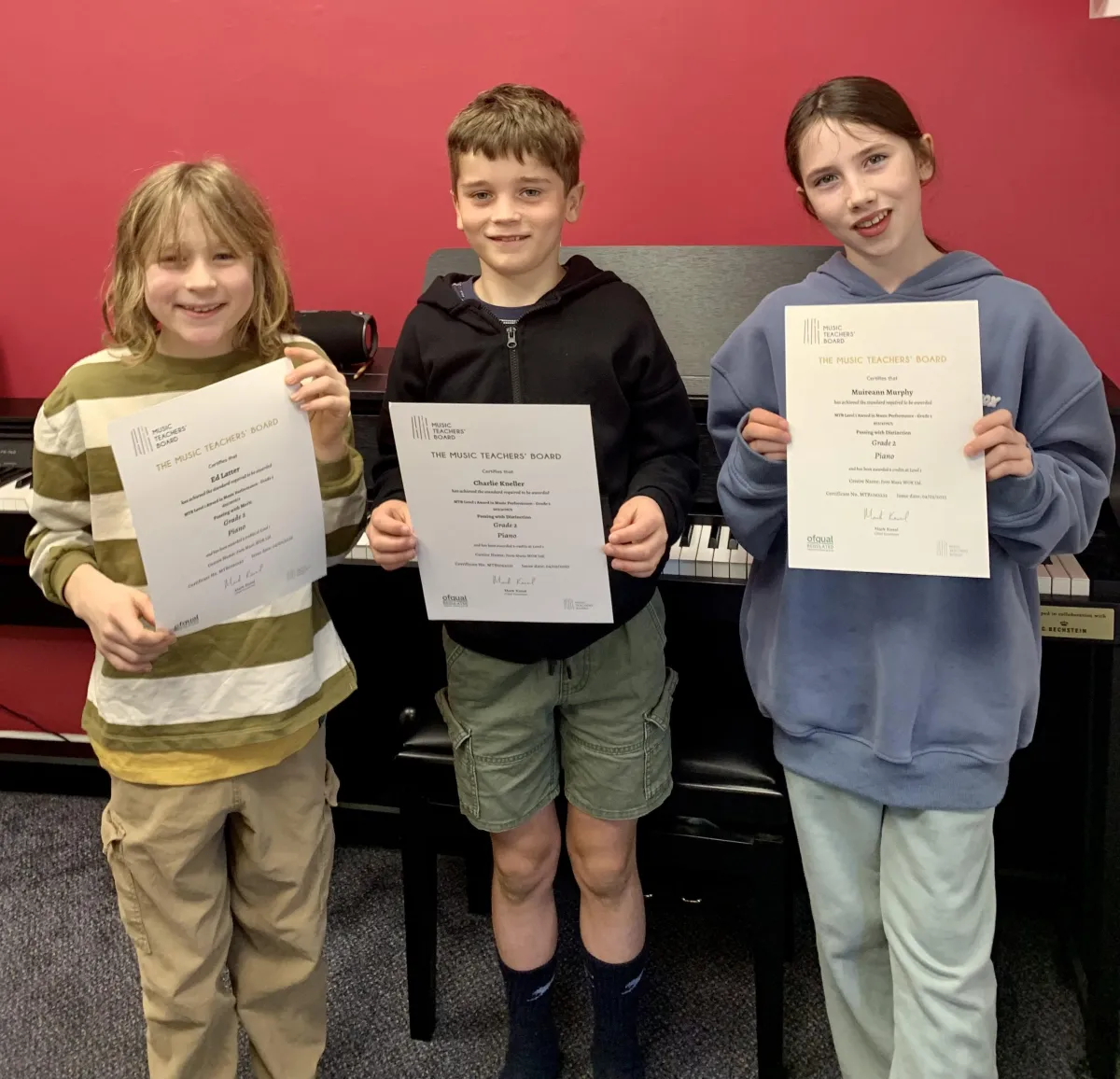
About Forte Piano Classes:
Your child can experience the unique nature of our Junior Keys classes (for children aged around 4.5 to 7 years old) or our Piano Keys classes (for children aged around 7 to 10 years old) with a Free Taster Class. These classes are designed to provide your child with a fun and engaging introduction to music, as well as to develop foundational music skills that will serve your child well throughout his/her musical journey.
Your child can experience the unique nature of our Junior Keys classes (for children aged around 4.5 to 7 years old) or our Piano Keys classes (for children aged around 7 to 10 years old) with a Free Taster Class. These classes are designed to provide your child with a fun and engaging introduction to music, as well as to develop foundational music skills that will serve your child well throughout his/her musical journey.
Your child can experience the unique nature of our Junior Keys classes (for children aged around 4.5 to 7 years old) or our Piano Keys classes (for children aged around 7 to 10 years old) with a Free Taster Class. These classes are designed to provide your child with a fun and engaging introduction to music, as well as to develop foundational music skills that will serve your child well throughout his/her musical journey.
Your child can experience the unique nature of our Junior Keys classes (for children aged around 4.5 to 7 years old) or our Piano Keys classes (for children aged around 7 to 10 years old) with a Free Taster Class. These classes are designed to provide your child with a fun and engaging introduction to music, as well as to develop foundational music skills that will serve your child well throughout his/her musical journey.
Your child can experience the unique nature of our Junior Keys classes (for children aged around 4.5 to 7 years old) or our Piano Keys classes (for children aged around 7 to 10 years old) with a Free Taster Class. These classes are designed to provide your child with a fun and engaging introduction to music, as well as to develop foundational music skills that will serve your child well throughout his/her musical journey.
Your child can experience the unique nature of our Junior Keys classes (for children aged around 4.5 to 7 years old) or our Piano Keys classes (for children aged around 7 to 10 years old) with a Free Taster Class. These classes are designed to provide your child with a fun and engaging introduction to music, as well as to develop foundational music skills that will serve your child well throughout his/her musical journey.
Age-appropriate curriculum: The Junior Keys and Piano Keys classes are designed specifically for the developmental needs of young children. The curriculum includes games, songs, and activities that are engaging and fun, while also teaching fundamental music concepts and skills.
Group learning: Both Junior Keys and Piano Keys classes are taught in a group setting, which encourages social interaction, teamwork, and the development of performance skills. Group learning can also help students stay motivated and engaged in their music studies.
Highly trained teachers: The teachers at Forte School of Music are highly trained and experienced in teaching music to young children. They use a variety of teaching methods and approaches to meet the diverse learning needs of their students

Technology integration: Forte School of Music uses a range of technology tools to enhance the learning experience for their students. This includes large floor keyboard mats, digital keyboards, and computer software that can help students develop their music skills in a fun and engaging way.
Focus on creativity and expression: The Junior Keys and Piano Keys classes encourage students to express themselves through music, fostering creativity and individuality. This can help students develop a love for music that will stay with them for a lifetime.Overall, the Junior Keys and Piano Keys classes at Forte School of Music provide a unique and effective approach to teaching music to your children. They offer a fun, engaging, and age-appropriate curriculum, taught by highly trained teachers, with a focus on creativity, expression, and performance.
What Parents Love About Our Classes
Age‑appropriate curriculum: Tailored to developmental stages for maximum engagement and success.
Group learning benefits: Builds teamwork, confidence, and motivation.
Forte trained teachers: Experienced in diverse learning needs.
Technology integration: Fun, interactive tools that reinforce learning.
Focus on creativity: Encourages individuality and lifelong love of music.
Consistent progression: Structured learning path without plateaus.
Performance skills: Regular opportunities to share achievements.
Value: More comprehensive and cost‑effective than many 1:1 options.
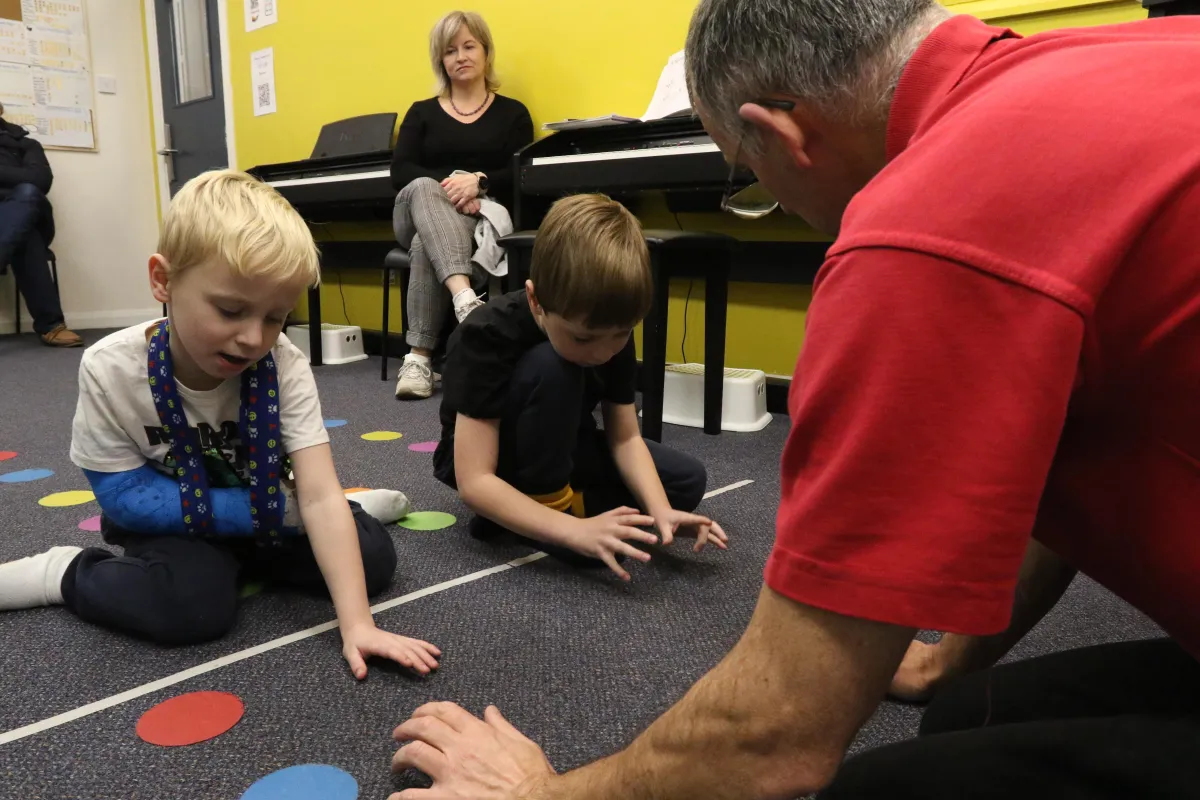
Why Piano Classes?
In general, "piano classes" and "piano lessons" can be used interchangeably to refer to the same thing, which is a course of instruction in playing the piano. However, if we assume that "piano classes" refers to a more structured and comprehensive approach to learning the piano, there are several potential advantages:
Consistent progression: In a piano class, students are typically taught in a structured manner that builds on the skills they have already learned. This means that they progress at a steady pace and are less likely to hit plateaus or become frustrated with their progress.
Social interaction: Piano classes often involve group learning, which can be beneficial for students who enjoy social interaction and learning from others. Group learning can also help students develop teamwork and collaboration skills.
More comprehensive instruction: Piano classes may cover a wider range of topics and techniques than individual piano lessons. This can provide students with a more well-rounded education in piano playing.
More opportunities to perform: In a piano class, students may have the opportunity to perform in front of their peers or in public recitals. This can help them build confidence and develop their performance skills.
Cost-effective: Depending on the format and structure of the class, piano classes may be more cost-effective than individual piano lessons.
Overall, whether you choose to take piano classes or individual lessons depends on your personal preferences and learning style. Some students may thrive in a structured class environment, while others may prefer the one-on-one attention of individual lessons.
A Creative Keys Class Plays 'Hurry On Hannon'
Our Piano Classes are designed specifically for children aged 4.5 to 10 years old, offering a fun and engaging introduction to music and piano. The programme strikes a balance between creativity and structured learning, helping young learners build a strong musical foundation while developing skills in rhythm, reading, listening, and ensemble playing.
One of the key advantages of the Piano Classes is that it introduces music in a way that’s tailored to how young children learn best — through play, exploration, and interaction. Lessons are in small groups, which encourages social learning and builds confidence, while still allowing plenty of individual attention.
Just listen to the way the Creative Keys class play 'Hurry On Hannon' - in time with the backing track and with each other!
Are You Looking for a Specific Class or Instrument? Just Click On the Relevant Icon Below
Jungle Music
Music is Fun!
Piano Classes
Music Lessons
Singing Lessons
Musical Theatre Lessons
Ready to Get Started?
Just complete the form, or contact us by phone, email or in person!
Forte School of Music
Hopsack House
Pattenden Lane
Marden
Kent
TN12 9QJ

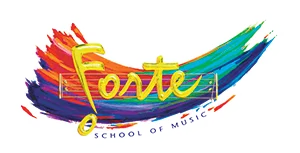
Book Your Free Taster Class!
Forte Music WOK Ltd.
Hopsack House
Pattenden Lane
Marden
Kent
TN12 9QJ
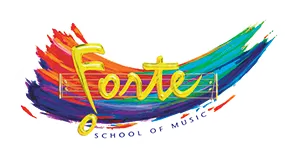
© Copyright 2026. Forte School of Music. All Rights Reserved.
'Excellent environment for my kids to learn.
Mr. Peter is a great and friendly teacher. Would recommend to anyone'
- Maria Nkellefack

Our Programs
Junior Keys — Ages 4.5–7 Years
Playful, structured lessons that develop rhythm, reading, listening, and ensemble skills. Activities include games, songs, and movement, all while building strong musical foundations.
Small groups (max 6)
45‑minute sessions
Parent involvement encouraged
Opportunity to play in the Forte Festival and other Concert Settings
Take‑home resources
The Forte 'App' to help at home!
Four Stages with defined objectives, followed by Piano Keys Book 2
Small groups (max 6)
45‑minute sessions
Parent involvement encouraged
Opportunity to play in the Forte Festival and other Concert Settings
Take‑home resources
The Forte 'App' to help at home!
Four Stages with defined objectives, followed by Piano Keys Book 2


Piano Keys — Ages 7–10 Years
Just as with Junior Keys - Playful, structured lessons that develop rhythm, reading, listening, and ensemble skills. Activities include games, songs, and movement, all while building strong musical foundations - but designed for slightly older children (and older children and adults too!)
Small groups (max 6)
45‑minute classes
Chords, Improvisation, playing to Backing Tracks
Opportunity to play in the Forte Festival and other Concert Settings
Balanced reading & by‑ear approach
The Forte 'App' to help at home!

Creative Keys
Creative Keys is the next step after Piano Keys and it's when all the foundations built in Junior and Piano Keys really start to show the benefits of the Forte system!
Opportunities to take graded exams
More Perfomance Opportunities
Enhance Ad-Lib and Improvisation Skills
Strengthen bonds with other pupils




About Forte Piano Classes:
Your child can experience the unique nature of our Junior Keys classes (for children aged around 4.5 to 7 years old) or our Piano Keys classes (for children aged around 7 to 10 years old) with a Free Taster Class.
These classes are designed to provide your child with a fun and engaging introduction to music, as well as to develop foundational music skills that will serve your child well throughout his/her musical journey.
Age-appropriate curriculum: The Junior Keys and Piano Keys classes are designed specifically for the developmental needs of young children. The curriculum includes games, songs, and activities that are engaging and fun, while also teaching fundamental music concepts and skills.
Group learning: Both Junior Keys and Piano Keys classes are taught in a group setting, which encourages social interaction, teamwork, and the development of performance skills. Group learning can also help students stay motivated and engaged in their music studies.
Forte trained teachers: The teachers at Forte School of Music are highly trained and experienced in teaching music to young children. They use a variety of teaching methods and approaches to meet the diverse learning needs of their students

Technology integration: Forte School of Music uses a range of technology tools to enhance the learning experience for their students. This includes large floor keyboard mats, digital keyboards, and computer software that can help students develop their music skills in a fun and engaging way.
Focus on creativity and expression: The Junior Keys and Piano Keys classes encourage students to express themselves through music, fostering creativity and individuality.
This can help students develop a love for music that will stay with them for a lifetime.Overall, the Junior Keys and Piano Keys classes at Forte School of Music provide a unique and effective approach to teaching music to your children.
They offer a fun, engaging, and age-appropriate curriculum, taught by highly trained teachers, with a focus on creativity, expression, and performance.
What Parents Love About Our Classes
Age‑appropriate curriculum: Tailored to developmental stages for maximum engagement and success.
Group learning benefits: Builds teamwork, confidence, and motivation.
Forte trained teachers: Experienced in diverse learning needs.
Technology integration: Fun, interactive tools that reinforce learning.
Focus on creativity: Encourages individuality and lifelong love of music.
Consistent progression: Structured learning path without plateaus.
Performance skills: Regular opportunities to share achievements.
Value: More comprehensive and cost‑effective than many 1:1 options.

A Creative Keys Class Plays 'Hurry On Hannon'
Our Piano Classes are designed specifically for children aged 4.5 to 10 years old, offering a fun and engaging introduction to music and piano. The programme strikes a balance between creativity and structured learning, helping young learners build a strong musical foundation while developing skills in rhythm, reading, listening, and ensemble playing.
One of the key advantages of the Piano Classes is that it introduces music in a way that’s tailored to how young children learn best — through play, exploration, and interaction. Lessons are in small groups, which encourages social learning and builds confidence, while still allowing plenty of individual attention.
Just listen to the way the Creative Keys class play 'Hurry On Hannon' - in time with the backing track and with each other!
Why Piano Classes?
In general, "piano classes" and "piano lessons" can be used interchangeably to refer to the same thing, which is a course of instruction in playing the piano. However, if we assume that "piano classes" refers to a more structured and comprehensive approach to learning the piano, there are several potential advantages:
Consistent progression: In a piano class, students are typically taught in a structured manner that builds on the skills they have already learned. This means that they progress at a steady pace and are less likely to hit plateaus or become frustrated with their progress.
Social interaction: Piano classes often involve group learning, which can be beneficial for students who enjoy social interaction and learning from others. Group learning can also help students develop teamwork and collaboration skills.
More comprehensive instruction: Piano classes may cover a wider range of topics and techniques than individual piano lessons. This can provide students with a more well-rounded education in piano playing.
More opportunities to perform: In a piano class, students may have the opportunity to perform in front of their peers or in public recitals. This can help them build confidence and develop their performance skills.
Cost-effective: Depending on the format and structure of the class, piano classes may be more cost-effective than individual piano lessons.
Overall, whether you choose to take piano classes or individual lessons depends on your personal preferences and learning style. Some students may thrive in a structured class environment, while others may prefer the one-on-one attention of individual lessons.
Our Piano Classes are designed specifically for children aged 4.5 to 10 years old, offering a fun and engaging introduction to music and piano. The programme strikes a balance between creativity and structured learning, helping young learners build a strong musical foundation while developing skills in rhythm, reading, listening, and ensemble playing.
One of the key advantages of the Piano Classes is that it introduces music in a way that’s tailored to how young children learn best — through play, exploration, and interaction. Lessons are in small groups, which encourages social learning and builds confidence, while still allowing plenty of individual attention.
Ready to Get Started?
Just complete the form, or contact us by phone, email or in person!
Forte School of Music
Hopsack House
Pattenden Lane
Marden
Kent
TN12 9QJ


Book Your Free Taster Class!
Forte Music WOK Ltd.
Hopsack House
Pattenden Lane
Marden
Kent
TN12 9QJ
NEWS
LEGAL

© Copyright 2026. Forte School of Music.
All Rights Reserved.
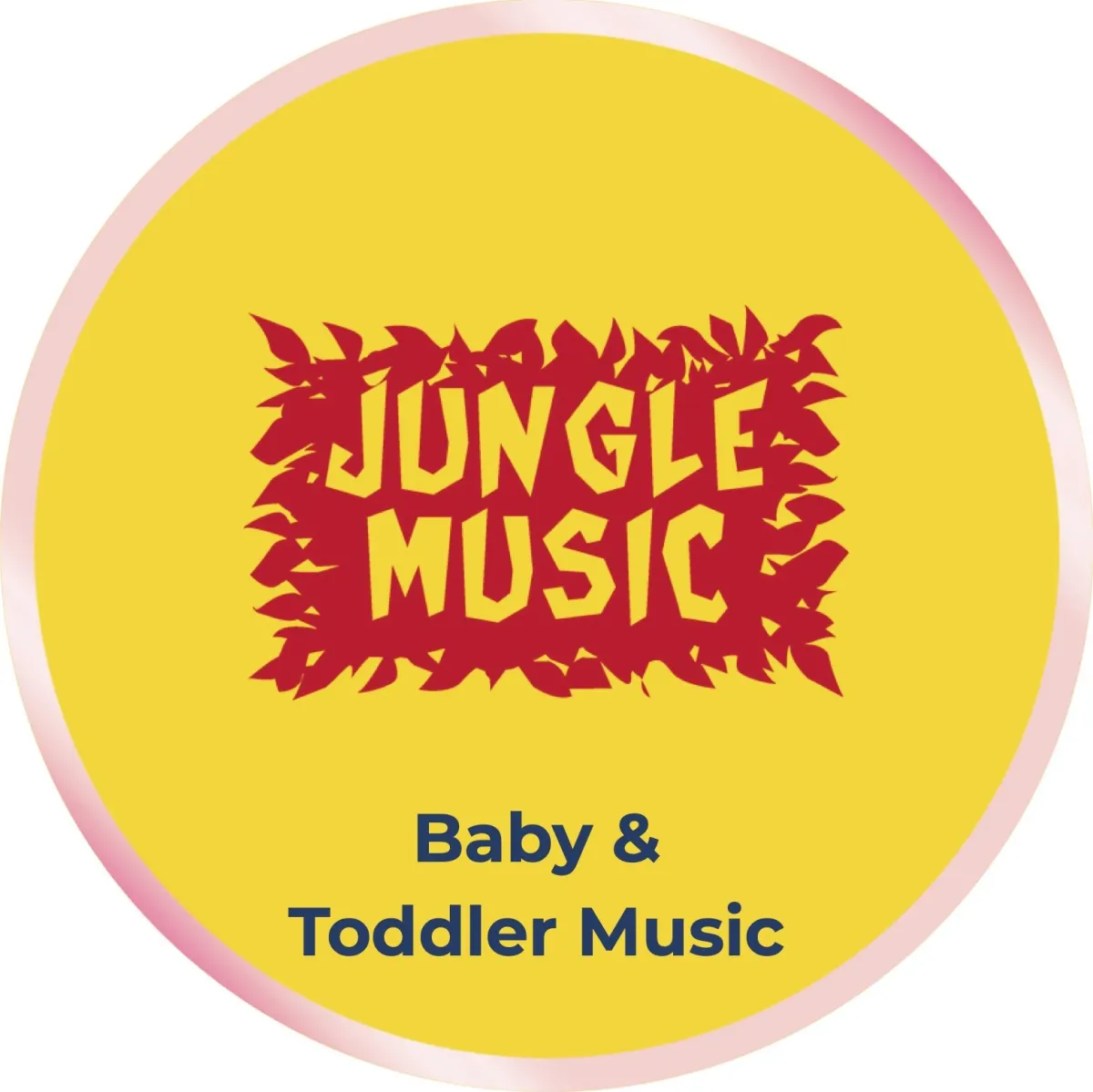
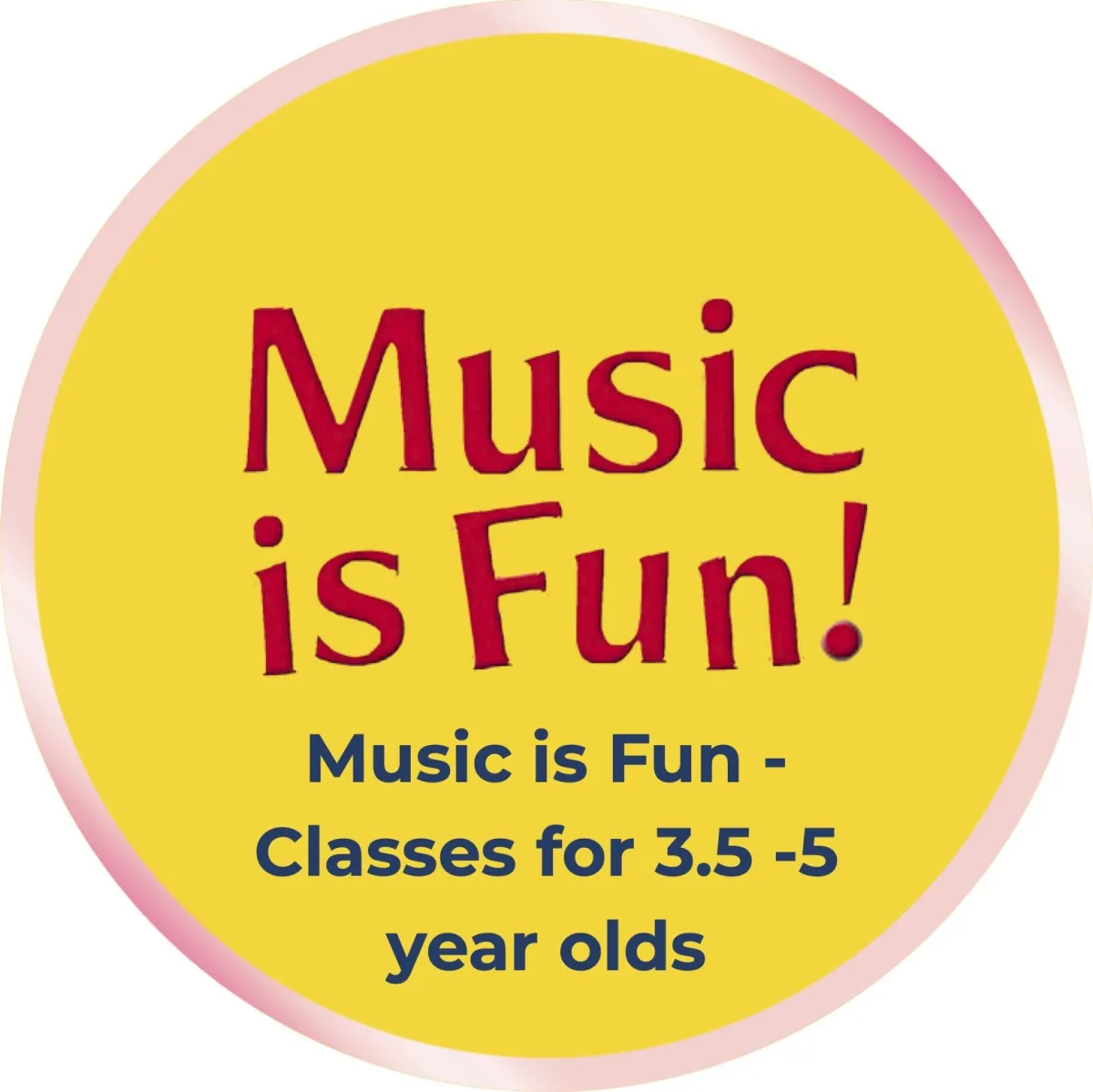
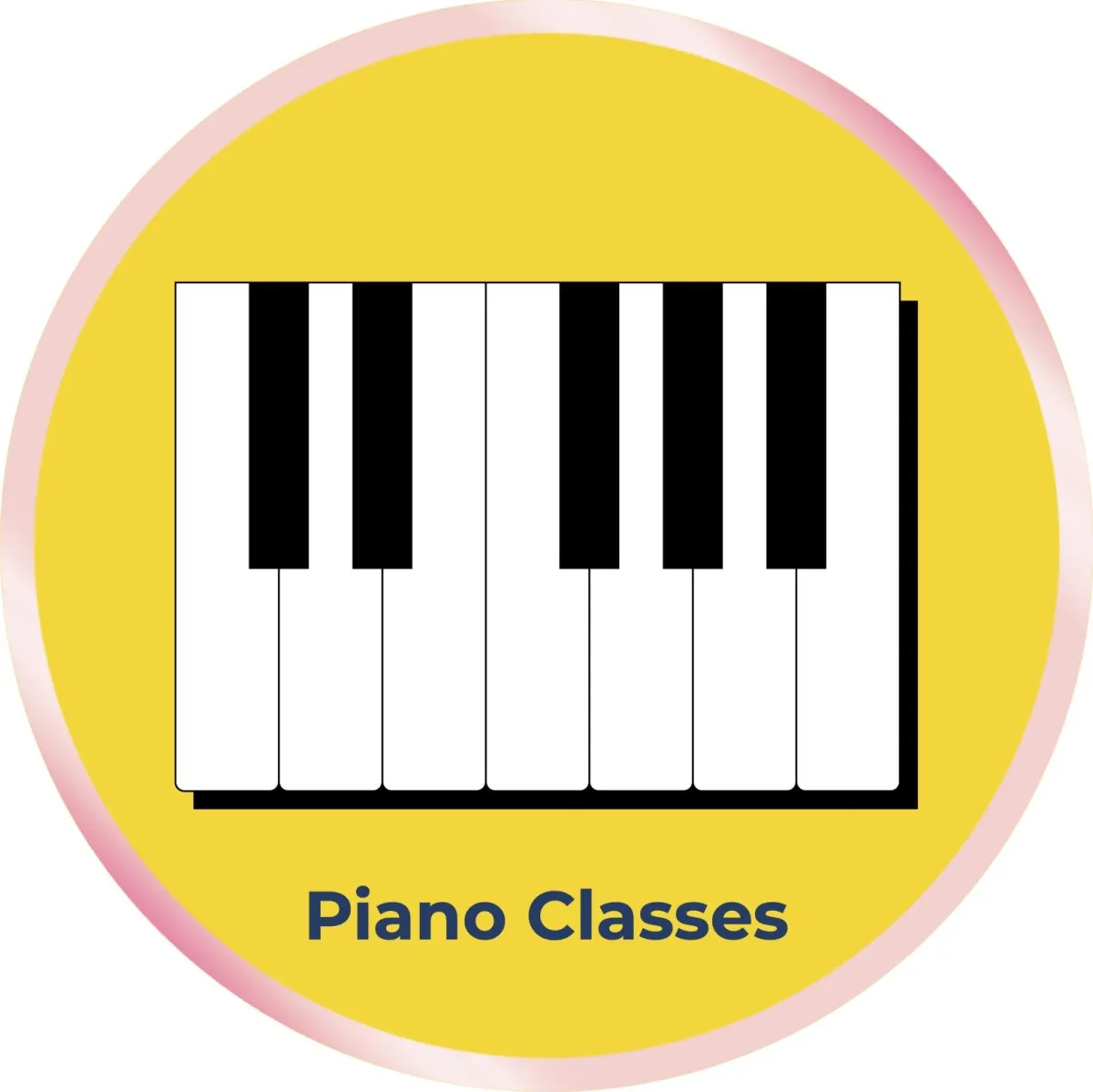
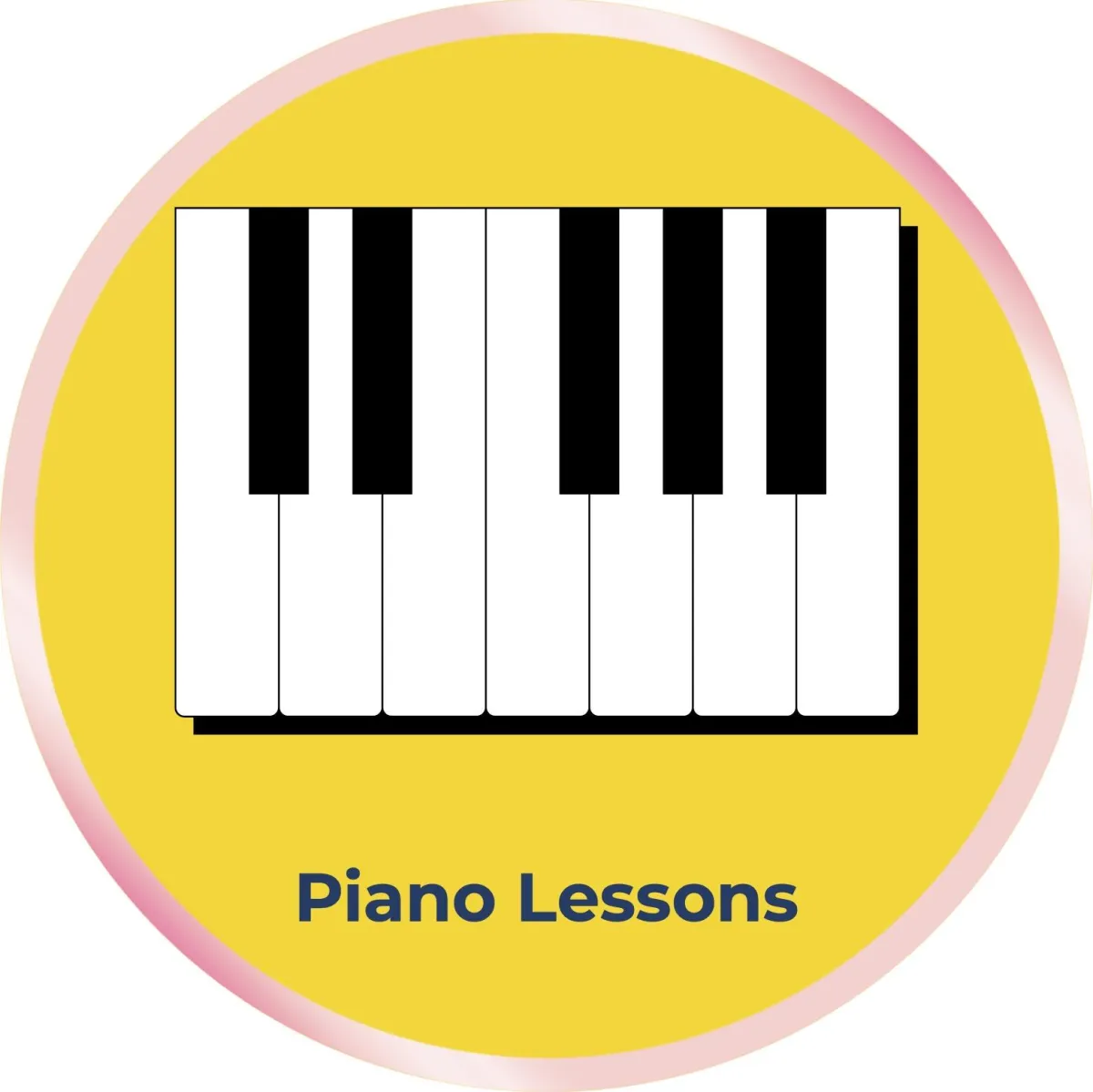
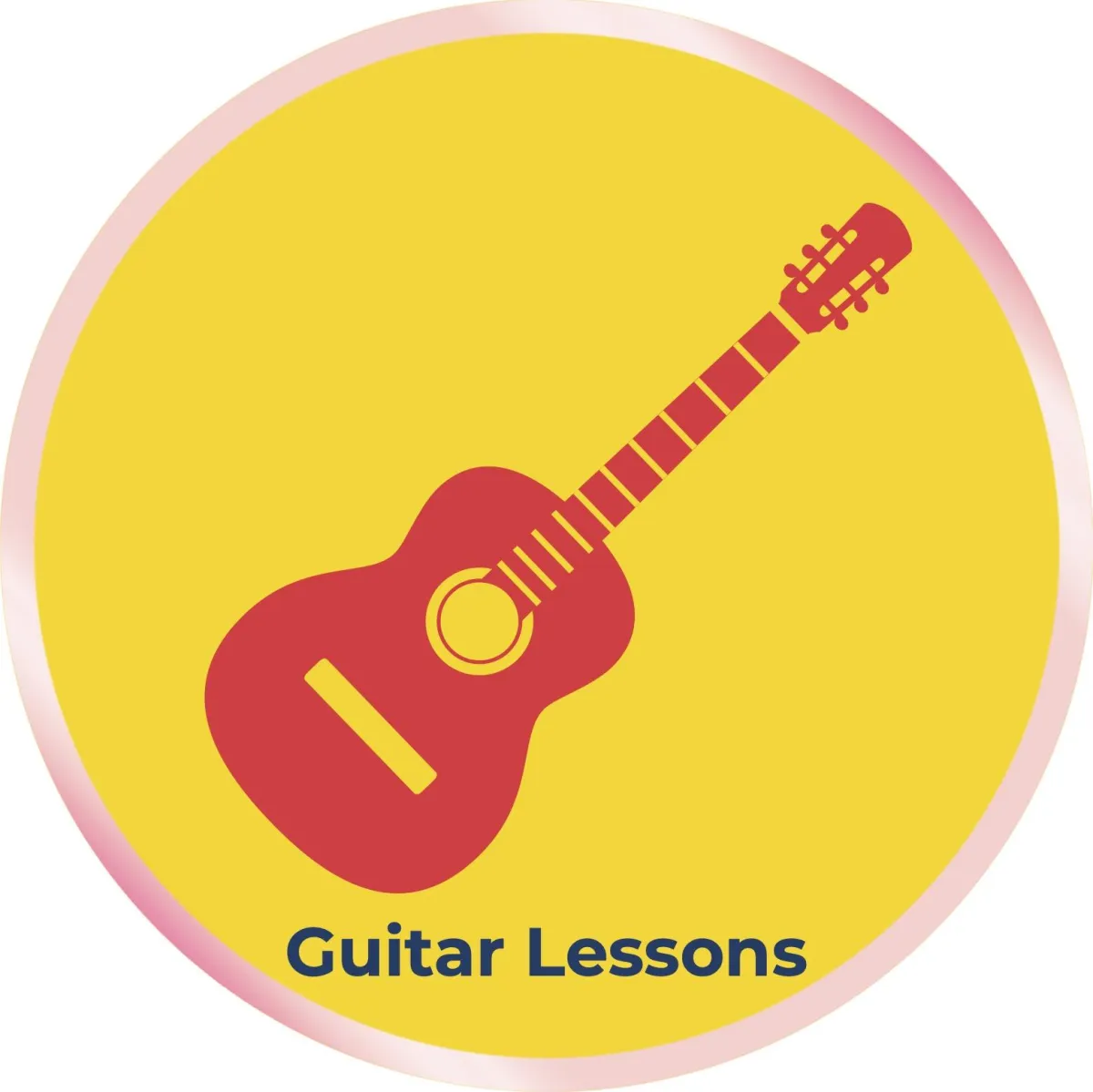
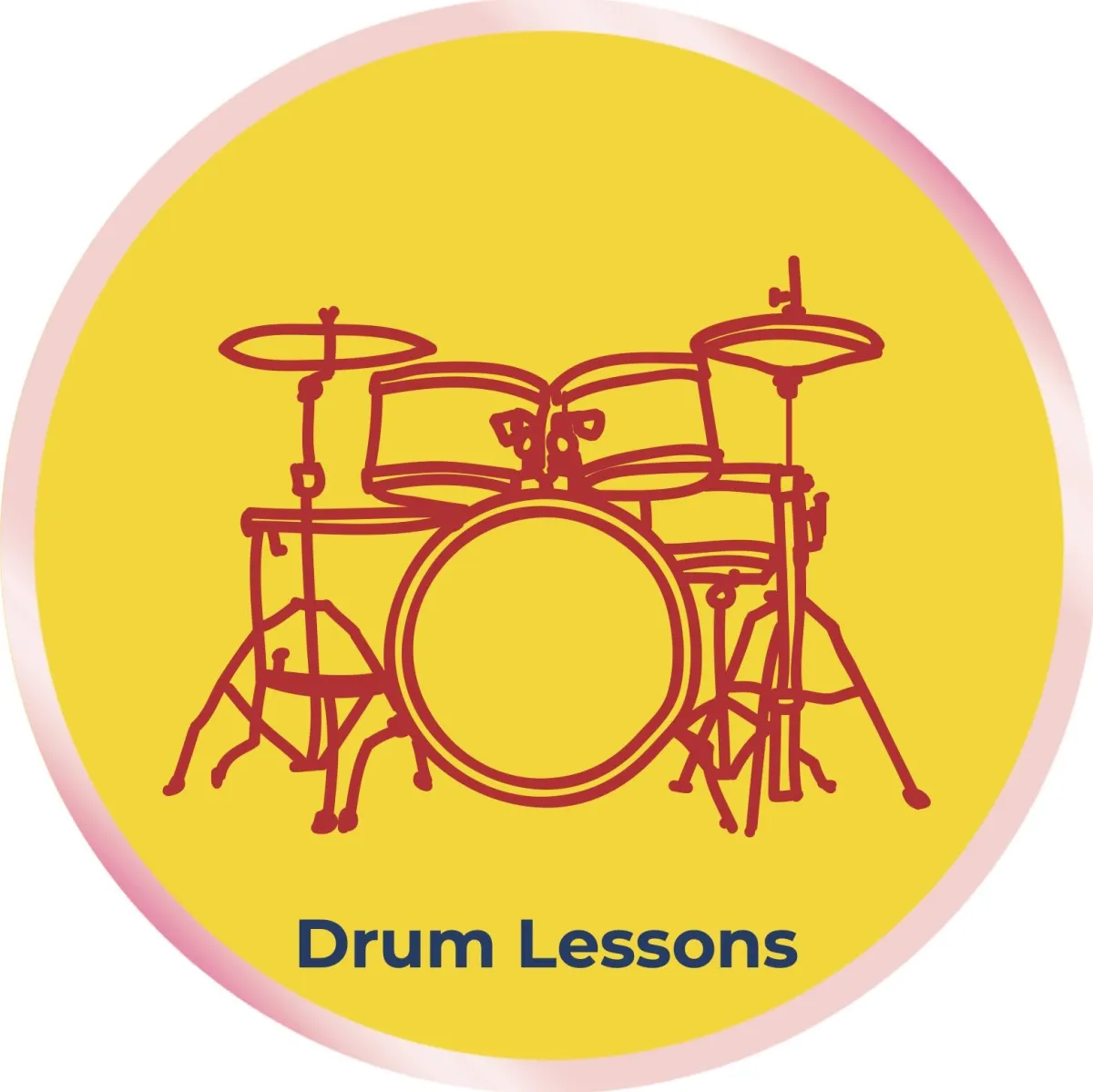
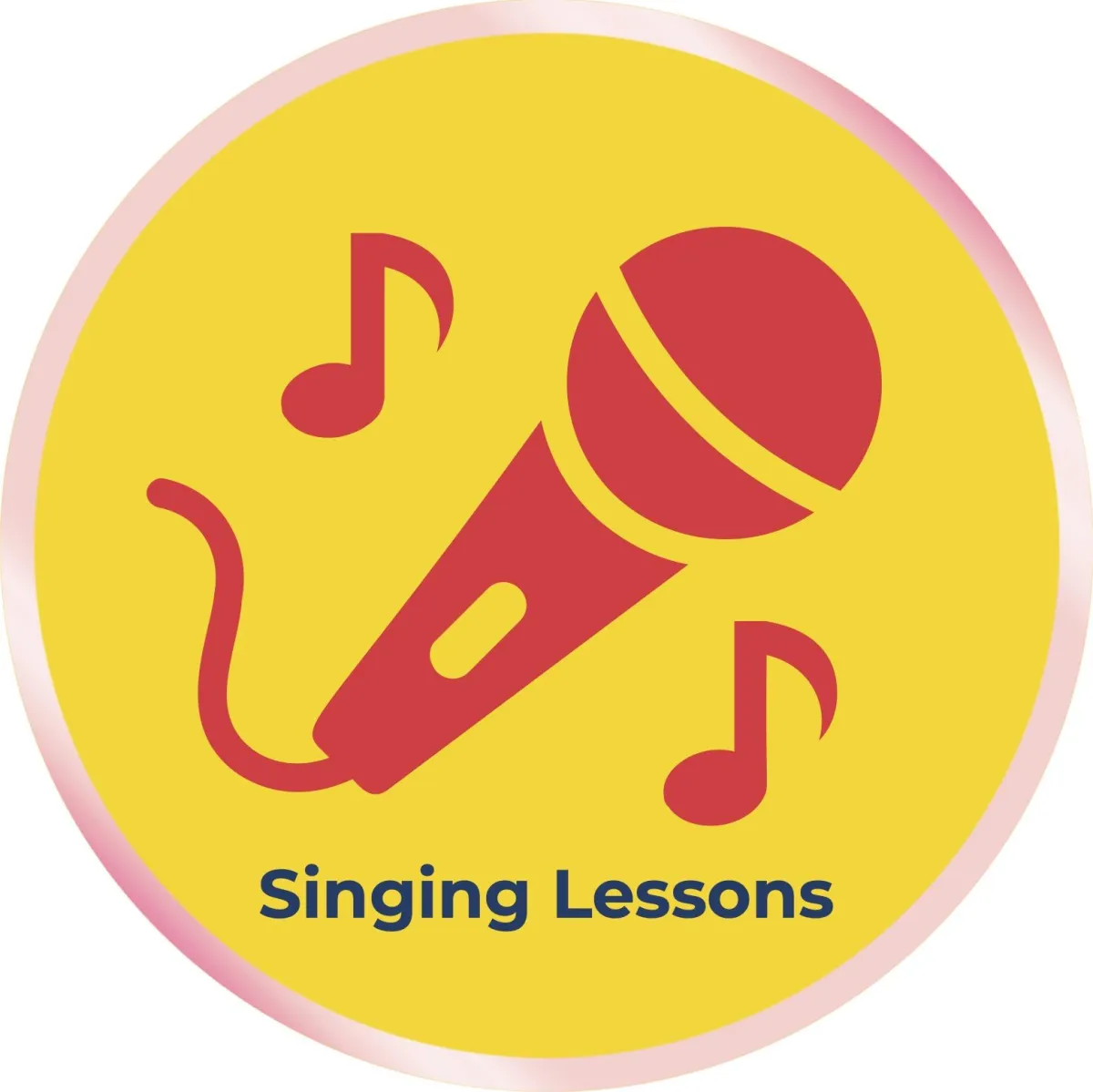
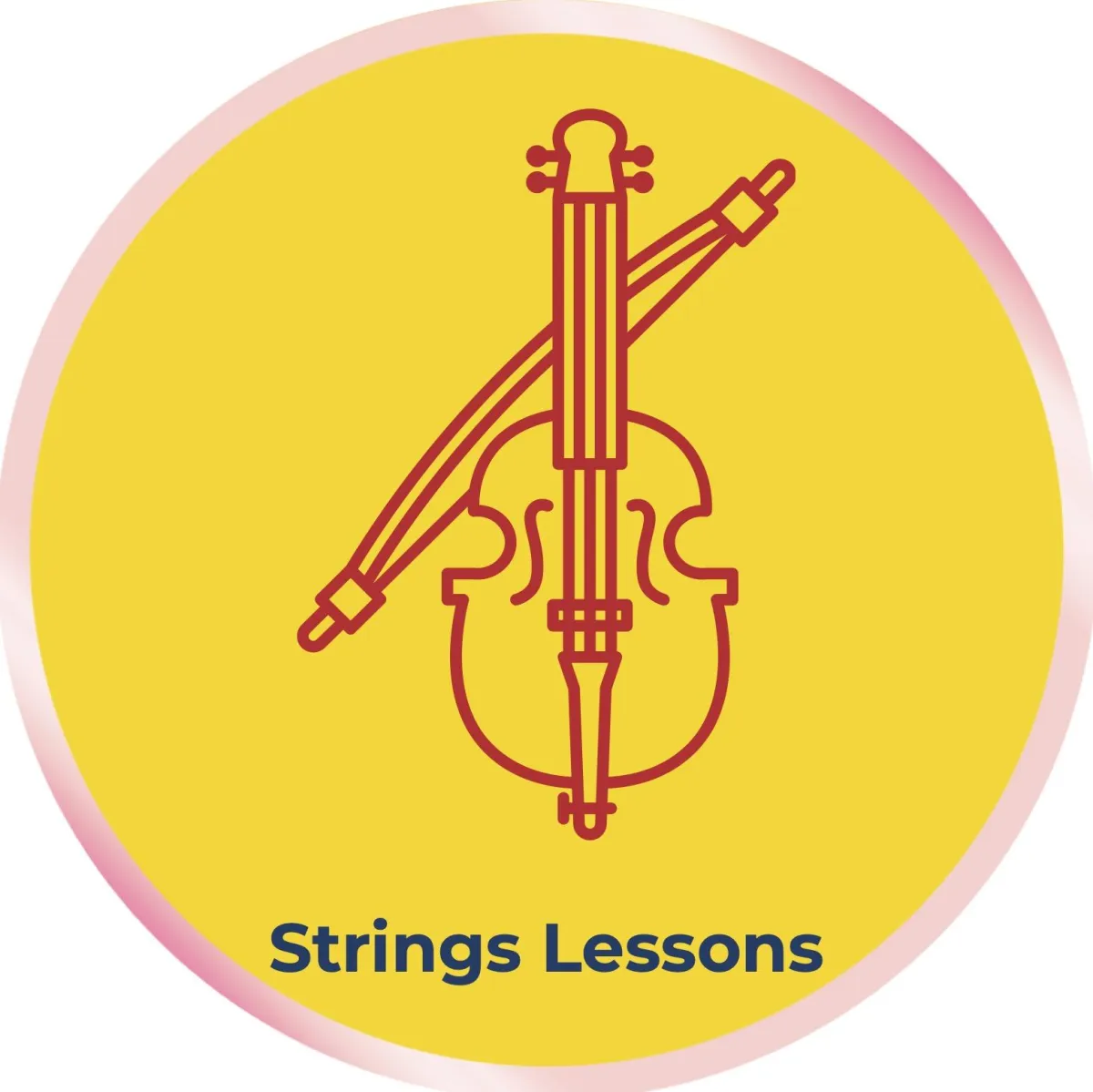
Facebook
Instagram
LinkedIn
Youtube